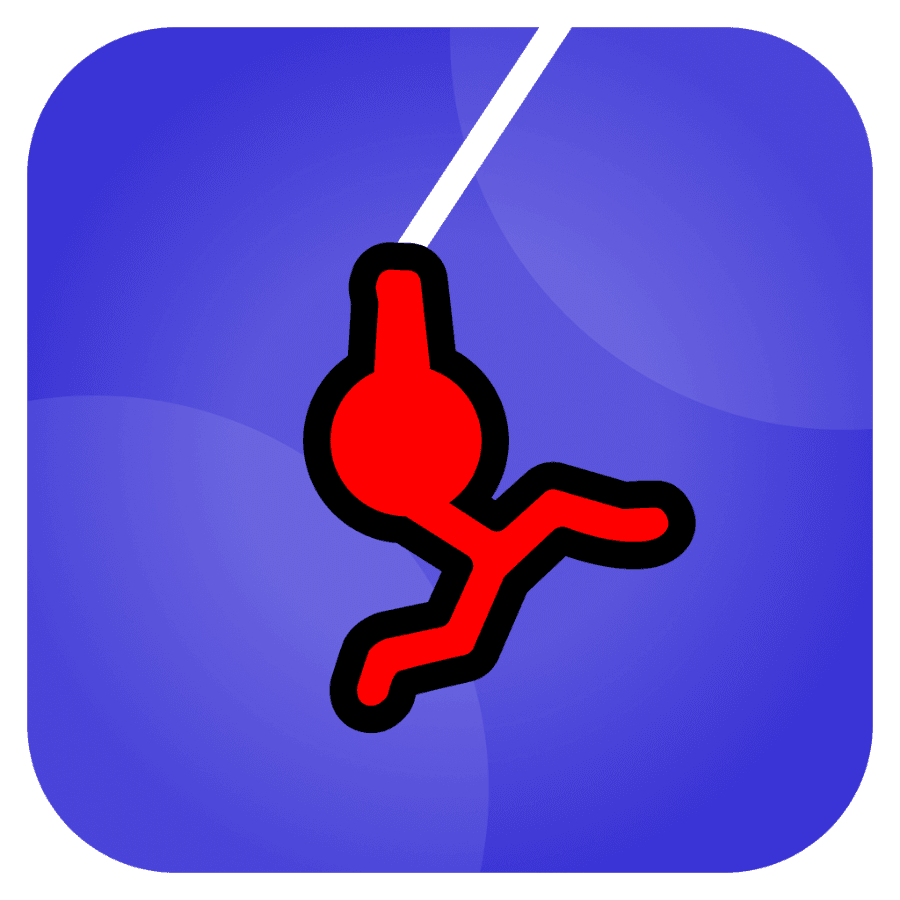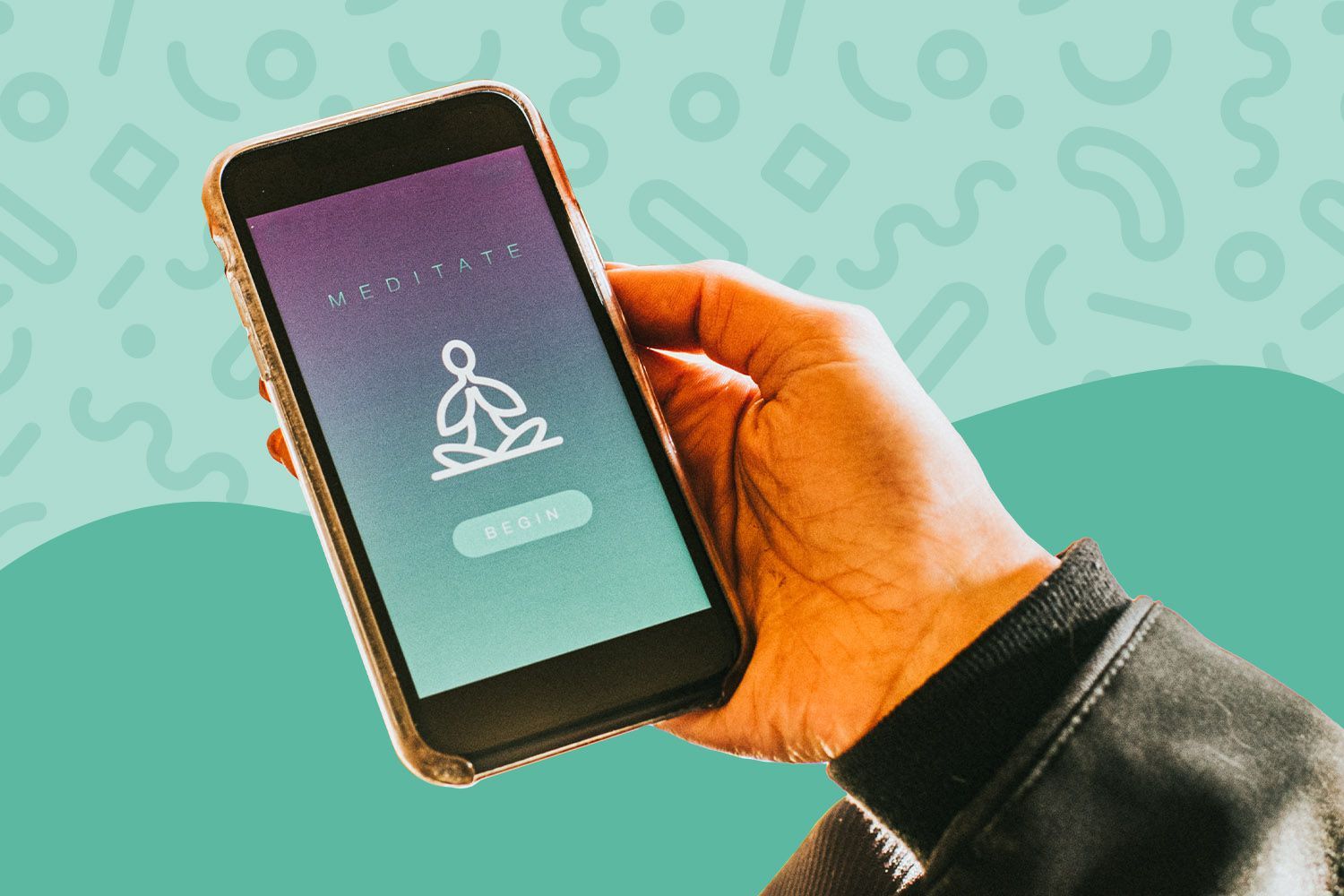

In today’s fast-paced world, maintaining good mental health and finding happiness can be challenging. Fortunately, technology has provided us with numerous tools to help us on this journey. Let’s explore this topic in more detail with Stickman Hook below.
In recent years, the intersection of technology and mental health has given rise to a plethora of mobile applications designed to support our psychological well-being. These apps offer a wide range of features, from mood tracking and meditation guides to cognitive behavioral therapy tools and stress management techniques. As we navigate the complexities of modern life, these digital companions can provide valuable support, helping us to cultivate mindfulness, manage anxiety, improve sleep patterns, and boost overall happiness. Let’s delve into some of the most effective and popular apps that can assist you in enhancing your mental health and fostering a more positive outlook on life.
Meditation and mindfulness practices have been scientifically proven to reduce stress, improve focus, and increase overall well-being. Several apps have emerged to make these ancient techniques more accessible to the modern user.
Headspace is one of the most popular meditation apps available. It offers guided meditations for various purposes, including stress reduction, better sleep, and improved focus. The app features a clean, user-friendly interface and a variety of courses led by Andy Puddicombe, a former Buddhist monk. Headspace is available on both iOS and Android platforms and offers a free basic course, with additional content available through a subscription model.
Calm is another widely used meditation app that provides guided sessions ranging from 3 to 25 minutes. It includes features like Sleep Stories (bedtime stories for adults), breathing exercises, and relaxing music. The app is known for its soothing nature sounds and visuals, making it particularly appealing for those who find it difficult to meditate in silence. Calm is compatible with both iOS and Android devices and offers a limited free version, with full access available through a paid subscription.
Insight Timer stands out for its vast library of free guided meditations from a diverse range of teachers. It also includes a timer for self-guided meditation and a supportive community feature. The app is available on iOS and Android and offers most of its content for free, with a premium version available for additional features.
Read more: Best Dating Apps That Actually Work in 2025
Tracking your mood and mental health patterns can provide valuable insights and help you identify triggers and areas for improvement. Several apps have been developed to facilitate this process.
Moodpath is a comprehensive mental health companion that offers daily mood check-ins, a mood journal, and personalized mental health assessments. The app uses your responses to provide tailored advice and exercises based on cognitive behavioral therapy principles. Moodpath is available on iOS and Android and offers both free and premium versions.
Daylio is a mood tracking app that stands out for its simplicity and user-friendly interface. Users can log their mood and activities quickly, and the app generates insightful reports and statistics over time. It’s available on both iOS and Android platforms and offers a free version with optional in-app purchases for additional features.
Sanvello (formerly known as Pacifica) is an all-in-one app for stress, anxiety, and depression. It combines mood tracking with guided journeys based on cognitive behavioral therapy, mindfulness meditation, and relaxation techniques. The app is available on iOS and Android and offers a free version with limited features, as well as a premium subscription for full access.
Read more: Free Music Streaming Apps with No Subscription Required
Maintaining cognitive health is an essential aspect of overall mental well-being. Several apps focus on brain training and cognitive enhancement to keep your mind sharp and engaged.
Lumosity is one of the most well-known brain training apps, offering a variety of games designed to improve memory, attention, flexibility, speed of processing, and problem-solving skills. The app adapts to your performance and provides detailed insights into your cognitive strengths and weaknesses. Lumosity is available on iOS and Android and offers a limited free version, with full access available through a subscription.
Elevate is another popular brain training app that focuses on improving communication and analytical skills. It offers daily training sessions with games targeting reading, writing, speaking, and math skills. The app is available on both iOS and Android platforms and provides a basic free version, with additional content accessible through a premium subscription.
Peak is a brain training app that stands out for its sleek design and collaboration with neuroscientists from reputable universities. It offers games designed to challenge your cognitive skills, including memory, attention, problem-solving, and mental agility. Peak is compatible with iOS and Android devices and offers both free and pro versions.
Quality sleep is crucial for maintaining good mental health and overall well-being. Several apps have been developed to help users improve their sleep patterns and relaxation techniques.
Sleep Cycle is an intelligent alarm clock that tracks your sleep patterns and wakes you up during your lightest sleep phase. This gentle wake-up process can lead to feeling more refreshed and energized. The app also provides detailed sleep analysis and tips for improving sleep quality. Sleep Cycle is available on iOS and Android and offers both free and premium versions.
Pzizz is a unique sleep app that uses a combination of music, voiceovers, and sound effects to help you fall asleep faster and wake up feeling more refreshed. It creates personalized “dreamscapes” based on your preferences and sleep data. Pzizz is compatible with iOS and Android devices and offers a free trial with a subscription model for continued use.
Relax Melodies is a versatile app that allows users to create custom soundscapes for sleep, relaxation, and meditation. It offers a wide range of nature sounds, white noise, and melodies that can be mixed and matched. The app also includes guided meditations and bedtime stories. Relax Melodies is available on iOS and Android platforms and provides both free and premium options.
With the multitude of mental health and happiness apps available, it’s essential to choose the one that best suits your individual needs and preferences. Consider the following factors when selecting an app:
1. Identify your primary goal: Are you looking to reduce stress, improve sleep, enhance cognitive function, or track your mood? Clarifying your main objective will help you narrow down your options.
2. Consider your schedule and commitment level: Some apps require daily engagement, while others can be used more sporadically. Choose an app that aligns with your lifestyle and the amount of time you can realistically dedicate to it.
3. Check compatibility: Ensure the app is available for your device’s operating system (iOS or Android) and that it works well with your specific model.
4. Read user reviews: Look for feedback from other users to get an idea of the app’s effectiveness, ease of use, and any potential issues.
5. Evaluate the cost: Many apps offer free versions with limited features, while full access often requires a subscription. Determine your budget and whether the app’s benefits justify the cost.
6. Privacy and data security: Mental health data is sensitive information. Review the app’s privacy policy and ensure it adheres to strict data protection standards.
7. Scientific backing: Look for apps that are based on established psychological principles or have been developed in collaboration with mental health professionals.
While mental health and happiness apps can be powerful tools, it’s important to remember that they are not a substitute for professional help when dealing with serious mental health issues. Instead, these apps should be viewed as complementary resources to support your overall well-being.
To make the most of these apps, consider the following tips:
1. Set realistic goals: Start small and gradually increase your engagement with the app as you build a routine.
2. Be consistent: Regular use of these apps, even if only for a few minutes a day, can lead to more significant benefits over time.
3. Experiment with different apps: What works for one person may not work for another. Don’t be afraid to try different apps until you find the ones that resonate with you.
4. Use reminders: Many apps offer notification features. Use these to establish a regular practice and stay motivated.
5. Share your progress: Some apps have community features or allow you to share your achievements on social media. Engaging with others can provide additional motivation and support.